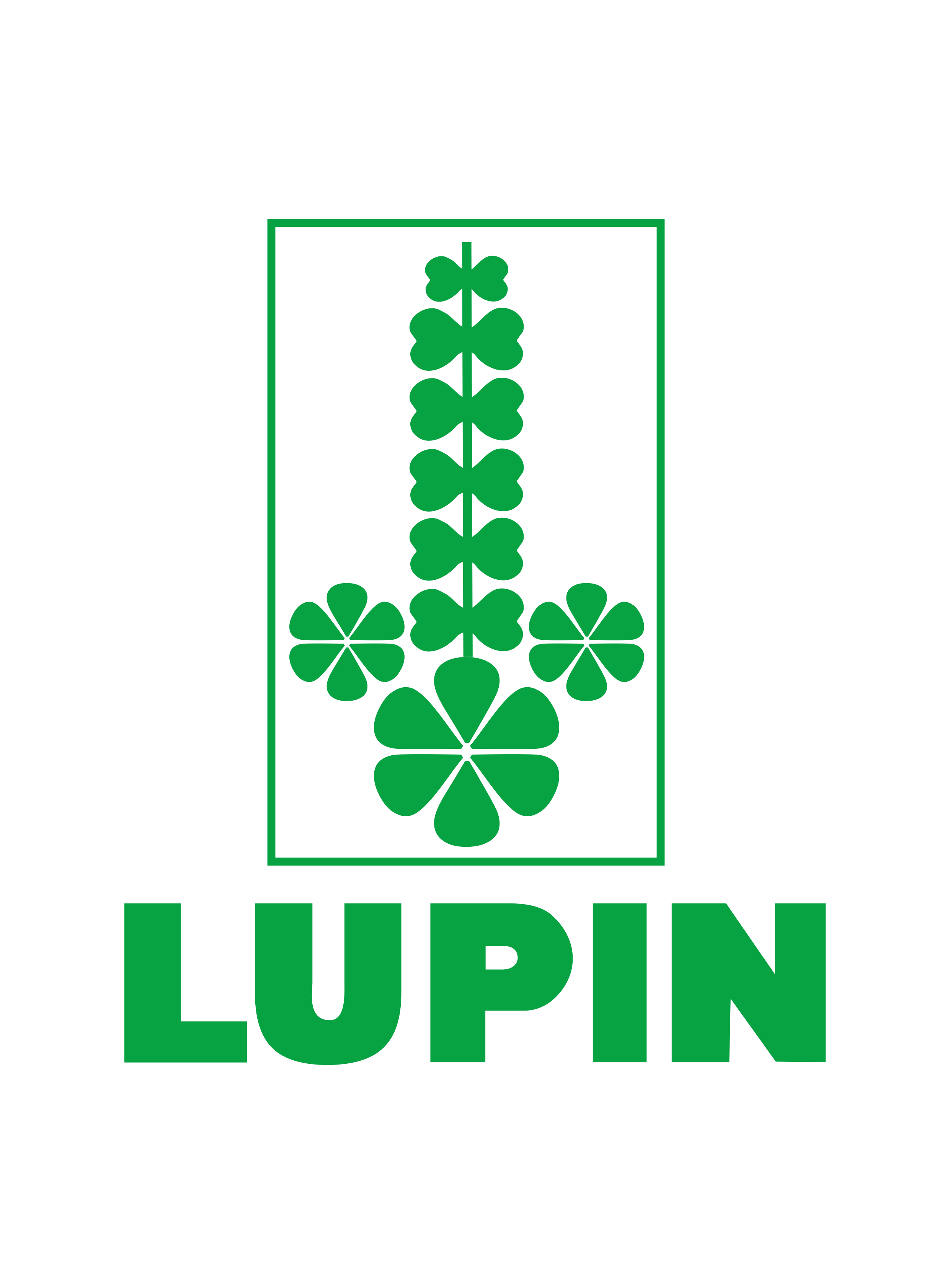According to WHO, over 1.5 million people died of TB in 2020

Non-profit drug developer, TB Alliance has granted Lupin Limited, a non-exclusive license to manufacture the anti-TB drug pretomanid as part of the three-drug “BPaL” regimen. Lupin intends to commercialize antituberculosis (TB) medicine in approximately 140 countries and territories, including many of the highest TB burden countries around the world.
“TB Alliance is committed to ensuring its products are widely available and affordable to those who need them,” said Mel Spigelman, President and CEO, TB Alliance. “Partnering with Lupin, a well-established manufacturer with experience delivering high-quality TB therapies, will help further enable widespread access to our novel regimen while promoting a competitive market to drive affordability.”
Nilesh Gupta, Managing Director, Lupin added, “As a global leader in anti-TB medicines, Lupin is committed to enhancing access to bridge unmet needs in countries where it is needed the most. This collaboration with TB Alliance leverages our strength and expertise to contribute to better global health.”
“Tuberculosis is one of humanity’s oldest, deadliest, and most persistent diseases. Lupin is the largest supplier of first-line anti-TB drugs in the world, and we are excited to partner with TB Alliance to help bring new therapies for highly drug-resistant TB to reach individuals and countries where access to these medicines is so urgently needed,” said Naresh Gupta, President API Plus, Lupin.
TB, in all forms, must be treated with a combination of drugs; the most drug-sensitive forms of TB are typically treated for six months using four anti-TB drugs. An estimated 1.5 million people died of TB in 2020, according to the World Health Organization (WHO), although the precise numbers are not known and recent research suggests that TB could have killed as much as half a million more people in that same year. Drug-resistant TB develops when the long, complex, decades-old TB drug regimen is improperly administered, or when people with TB stop taking their medicines before the disease has been fully eradicated from their body—highlighting the urgent need to develop better and shorter treatment regimens. Once a drug-resistant strain has developed, it can be transmitted directly to others through the air, just like drug-sensitive TB. There are over half a million cases of drug-resistant TB each year and its spread undermines efforts to control the TB pandemic.

Subscribe To Our Newsletter & Stay Updated